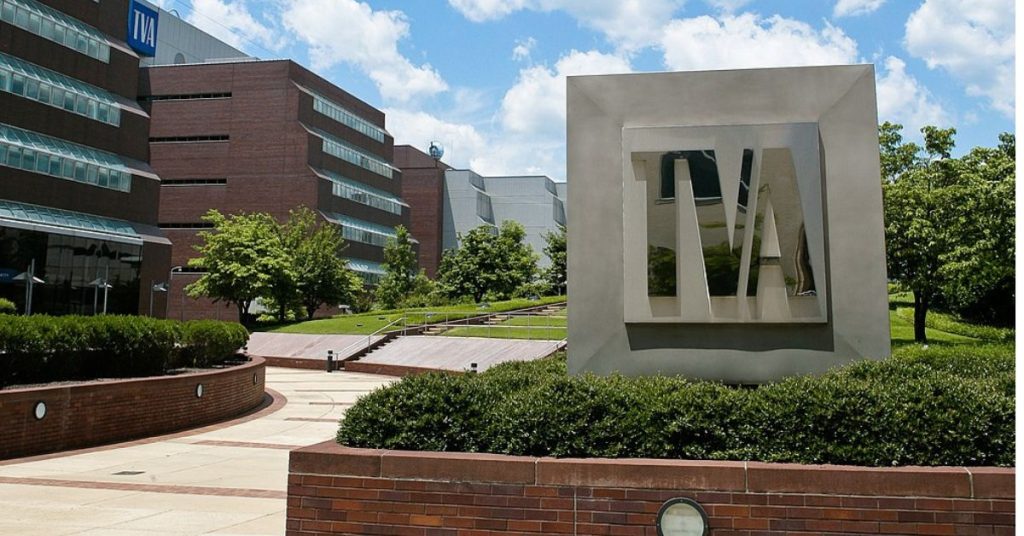The Dirtiest Congress Money Could Buy
According to a report released at the end of 2011, the 112th Congress had achieved, in just its first year, the dubious distinction of running the most anti-environmental legislative session in history.
The report, conducted by Representatives Henry Waxman, Edward Markey and Howard Berman, showed that, in 2011, the House voted 191 times to weaken environmental protections, averaging more than one anti-environmental vote for every day the House was in session.
All told, more than one in five of the legislative roll call votes in 2011 were on bills to undermine environmental protections, including 27 attempts to block action on climate change, 77 votes to undermine Clean Air Act protections, eight efforts to undermine Clean Water Act protections and 47 attempts to weaken protection of public lands and coastal waters.
A look at campaign contributions to members of Congress elected in 2010 paints a fairly clear portrait of how that came to pass — oil, gas and other energy industries contributed record amounts of money to congressional campaigns in the run-up to the 2010 elections. According to the Center for Responsive Politics, contributions from the coal industry alone skyrocketed to more than $8 million in 2009-2010 — more than twice what the industry had contributed in any previous election cycle. One of the top recipients of coal mining industry dollars — receiving $228,000 during that time period — was Senator Joe Manchin of West Virginia, who took a rifle and famously shot a hole through a cap-and-trade climate bill in a campaign ad.
Based on the most recent data for the 2012 cycle, the coal industry appears set to surpass the record it set in 2010. The biggest recipient to date has been freshman Representative David McKinley of West Virginia, who has introduced some of the highest-profile bills to roll back the EPA’s authority to enforce clean water laws that impact the coal industry — and has received $186,878 in money from fossil fuel sources.
Rep. McKinley’s contributions are closely followed by contributions to House Speaker John Boehner ($171,505), with likely Republican presidential nominee Mitt Romney rounding out the top three ($135,500). Not surprisingly, the majority of the increase in dirty energy contributions are being funneled through outside groups called Super PACs, a new type of political action committee made possible by the 2010 U.S. Supreme Court’s “Citizens United” ruling, a controversial decision that President Obama presciently warned at the time would, “… open the floodgates for special interests to spend without limit in our elections.” (see “The ‘Art’ of Influence” on p.16).
But polluting industries’ surge in political spending is not limited to political fundraising — expenditures on lobbying for anti-environmental legislation are also reaching record highs. Lobbying expenditures by the coal mining industry grew from less than $3 million per year in 2004 to more than $18 million in 2011 — with the two largest mountaintop removal coal mining companies, Alpha Natural Resources and Patriot Coal Corporation, spending more than $3.3 million lobbying Congress in 2011. By comparison, these two companies reported no lobbying expenses in 2007 and 2008.
Research shows that money spent on lobbying can have a significant return on investment. A study published by three researchers in Kansas in 2009, examining the return on lobbying investments relating to a tax holiday on certain repatriated earnings, found that, “Firms lobbying for this provision have a return in excess of $220 for every $1 spent on lobbying, or 22,000 percent.”
Although it is difficult to prove a direct connection between lobbying, campaign contributions and the actions of legislators, the correlation between the unprecedented number of anti-environmental bills pushed by the 112th Congress and the unparalleled political spending by the fossil fuel industry is hard to ignore.
Some Things Money Can’t Buy
Given the increasingly powerful and unregulated influence of money in politics, the question is raised — how does the average person’s voice or vote even matter?
Representative Barney Frank of Massachusetts provided a compelling answer to that question in a recent episode of the National Public Radio program, “This American Life,” that focused on the role of money in campaigns. According to Frank, “If the voters have a position, the votes will kick money’s rear end every time.”
In his 40 years in politics, Frank says, “I’ve never met a politician who, choosing between a significant opinion in his or her district and the number of campaign contributors, doesn’t go with the district.”
That’s not to say that all of the special interest money has no effect. The defensive view of campaign finance offered by some lobbyists and politicians — that money has no effect because both sides are giving — is equally inaccurate, according to Frank. “If that were the case, we would be the only human beings in the history of the world who, on a regular basis, took significant amounts of money from perfect strangers and make sure it had no effect on our behavior — that is not human nature.”
One of the primary problems is that a large portion of constituents either don’t know, or don’t care about most legislation passing through government — resulting in the bottom line that the majority of members of Congress aren’t hearing from their constituents on important issues that affect them. But what donor money does do is buy access for special interests to tell their side of the story; it doesn’t guarantee a vote, but if constituents are silent, then special interests will be the only voices that legislators hear.
There are only two ways for citizens to truly counter the influence of special interest money on politics — shining a light on who is giving the money, and holding their recipients accountable.
Related Articles
Latest News

Leave a comment
Your email address will not be published. Required fields are marked *





